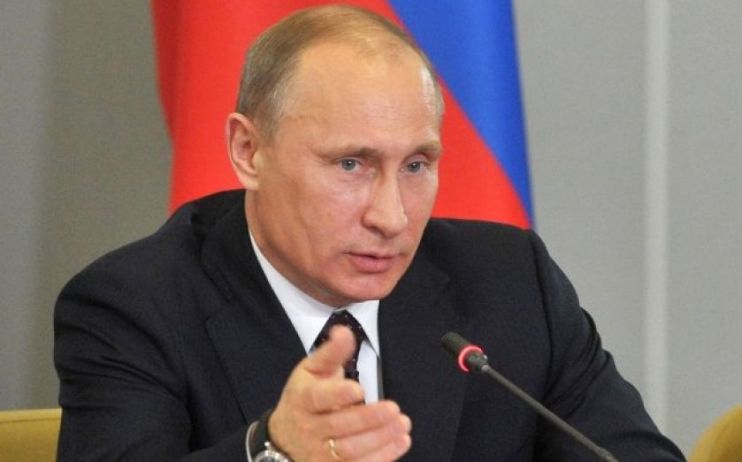Oil closes in on $100 milestone as Putin orders Russian troops into Ukraine

Oil prices are surging on both major benchmarks following Russian President Vladimir Putin’s decision to recognise the independence of two breakaway states in Ukraine.
This has renewed fears of supply shortages and disruption, and raised the prospect of oil hitting the $100 milestone for the first time since 2014, which would reflect a massive comeback for the commodity from pandemic lows of $20 per barrel.
Brent Crude prices soared to $99.23 on Tuesday morning, before dropping to $98.88 – recording 3.66 per cent growth on the day before.
WTI Crude has also responded rapidly, rising 4.79 per cent to $95.43.
Both benchmarks have been buoyed by sustained market rallies, with prices now breaking established seven year highs.
Despite facing immediate and intense criticism from the US, UK, EU and NATO, which have all warned the Kremlin about significant sanctions, Putin has ordered troops into the rebel-held regions of Luhansk and Donestk.
This has raised the prospect of supply shortages from both Russia’s response to any financial penalties, and conflict-driven disruption in Ukraine.
Commenting on potential sanctions, Ricardo Evangelista, senior analyst at ActivTrades said: “It is unlikely that the West will include Russian oil and gas exports in the package of sanctions being deployed, however Moscow would be likely to retaliate to such sanctions by restricting energy exports to Europe.”
UK Health Secretary Sajid Javid believes Putin has already made the decision to invade Ukraine.
He said: “We are waking up to a very dark day in Europe and it’s clear from what we have already seen and found out today that the Russians, President Putin, has decided to attack the sovereignty of Ukraine and its territorial integrity.”
Commerzbank noted that alongside the roaring prices rallies, fears of supply disruptions were causing seismic time spreads in the Brent contracts.
Analyst Carsten Fritsch explained: “The premium payable on the front-month forward contract as compared with the subsequent contract has now reached $2.8 per barrel, the premium between the front-month contract and that due in six months is almost $9, and the premium between the front-month and the contract due in twelve months jumps to $15.”
Amid the escalating fears of conflict in the region, OPEC+ has consistently been missing its raised output targets over the past three months.
The organisation was aiming to boost production by 400,000 additional barrels per day however multiple members have been missing their expected quotas.
While talks between Russia and the West have amounted to little, there is still optimism discussions between the US and Iran could revive the 2015 deal, which could raise supplies and ease market pressures.